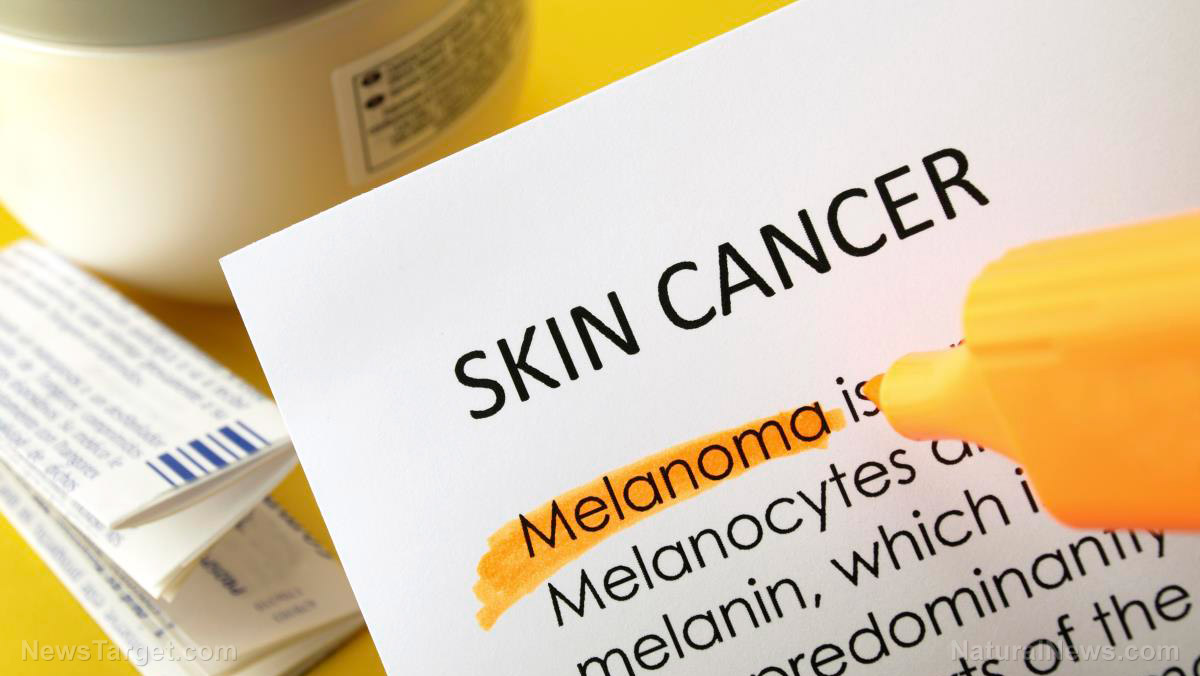Qigong exercises found to have anti-inflammatory effects
11/29/2019 / By Evangelyn Rodriguez

Qigong is an ancient form of exercise and healing art that relies on movement, breathing, and meditation. In traditional Chinese medicine (TCM), qigong is used to cultivate qi (life-giving energy), improve health and fitness, and induce natural healing.
Several studies have reported that qigong can also influence the expression of genes in different cells. However, little is known about how this ancient healing art affects gene expression in immune cells. To address this, researchers from Poland examined the expression of genes associated with cellular stress response in the peripheral mononuclear blood cells (PMBCs) of healthy women. PMBCs are blood cells that serve as critical components of the immune system.
In a study published in the journal Annals of Agricultural and Environmental Medicine, they reported that qigong training can decrease the expression of pro-inflammatory molecules and increase the expression anti-inflammatory ones. This suggests that this age-old system of exercise has anti-inflammatory effects that can be used to promote health and prevent the development of chronic diseases.
Qigong favors anti-inflammatory gene expression and suppresses pro-inflammatory gene expression
For their study, the researchers conducted an experiment at a martial arts dojo in Stara Wies, Poland. This involved asking participants to undergo a four-day qigong training.
The researchers took blood samples from the participants before and after the training period to determine which genes were affected by qigong. They also collected three milliliters (mL) of venous blood to determine the expression of HSF-1 (heat shock factor 1), HSPA1A (heat shock protein), NF-kB, IL-10, and CCL2 mRNA. They used isolated PMBCs to determine gene expression.
The researchers found that the four-day qigong training significantly decreased NF-kB and CCL2 mRNA expression, but increased the expression of IL-10, HSF1, and HSPA1A.
NF-kB or nuclear factor kappa-light-chain-enhancer of activated B cells is a transcription factor that induces the expression of pro-inflammatory genes. CCL2, meanwhile, is a signaling protein that attracts immune cells like PMBCs to the site of inflammation. Interleukin-10 (IL-10) is an anti-inflammatory cell signaling molecule, while HSF1 is a transcription factor for heat shock proteins like HSPA1A. Heat shock proteins have immune-regulating effects and can even confer protection against inflammation.
Based on these findings, the researchers concluded that qigong has anti-inflammatory effects that make it a valuable inclusion to a healthy lifestyle.
Inflammation and its relationship with serious conditions
Inflammation is a natural part of immune response. This process is activated as a result of injury or the presence of foreign invaders. Under these conditions, the body uses inflammation to direct the immune system to whichever part or tissue requires healing, repairing, or defending. Depending on its duration, inflammation can have either good or bad consequences. Acute (short-term) inflammation, which has localized effects and gradually subsides as the body starts to heal, is the useful type of inflammation. On the other hand, persistent, low-grade inflammation — more commonly known as chronic inflammation — has undesirable, long-term effects.
According to numerous studies, chronic inflammation plays a huge role in the development of various diseases. For instance, the prolonged presence of inflammatory cells in the arteries is said to promote the buildup of plaque. Inflammation can also loosen plaque in the arteries; when plaque comes into contact with blood, it triggers the formation of blood clots, which can cause heart attack and stroke. Chronic inflammation can also cause irreversible DNA damage that can lead to the development of cancer. (Related: This traditional Ayurvedic medicine is one of the more powerful natural anti-inflammatory remedies out there.)
Besides heart disease and cancer, chronic inflammation is also associated with the following conditions:
- Diabetes
- Alzheimer’s disease
- Arthritis
- Asthma
- Rheumatoid arthritis
- Hepatitis
- Tuberculosis
- Periodontitis
- Ulcerative colitis
- Crohn’s disease
For more benefits of qigong and other traditional healing arts, visit HealingArts.news.
Sources include:
Tagged Under: alternative medicine, anti-inflammatory, Chinese medicine, chronic inflammation, exercise, heart disease, heart health, immune system, natural cures, natural medicine, prevent diabetes, prevention, qigong, research, TCM
RECENT NEWS & ARTICLES
COPYRIGHT © 2017 PREVENT CANCER NEWS



















